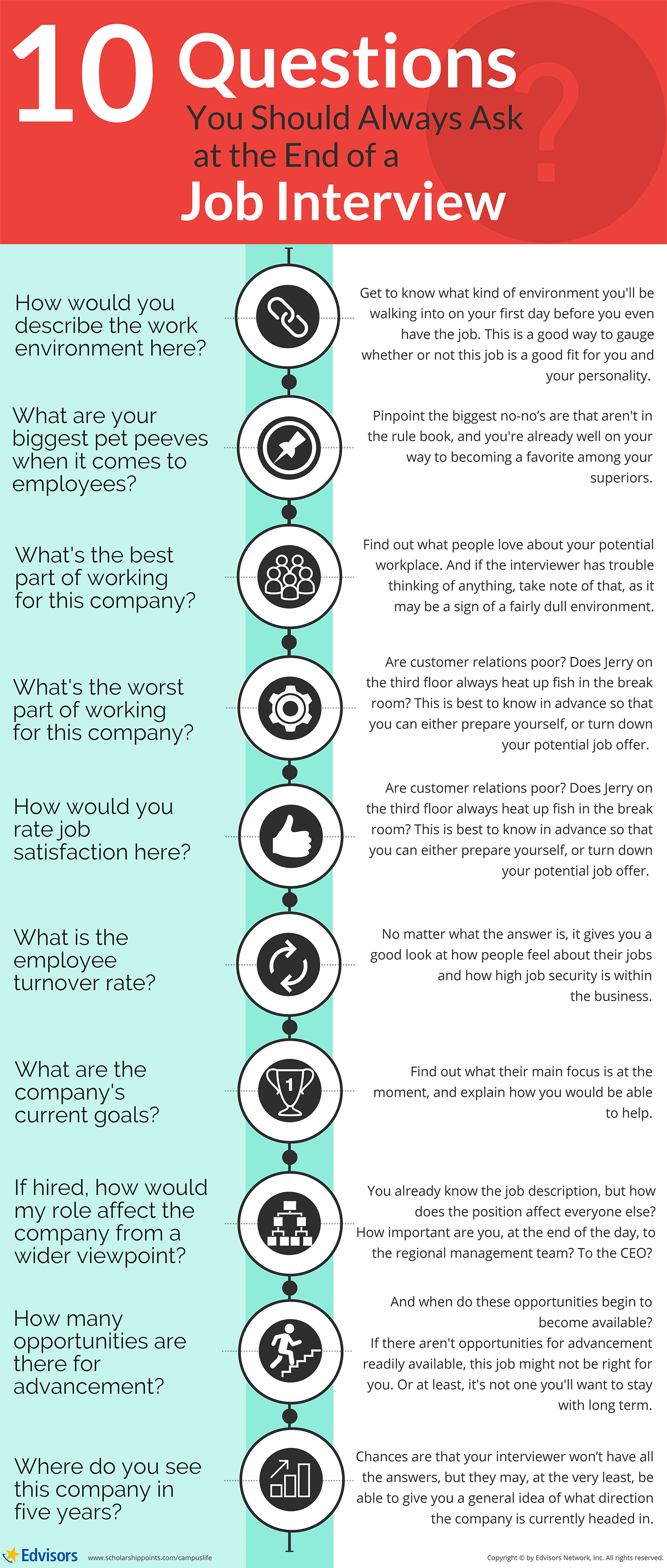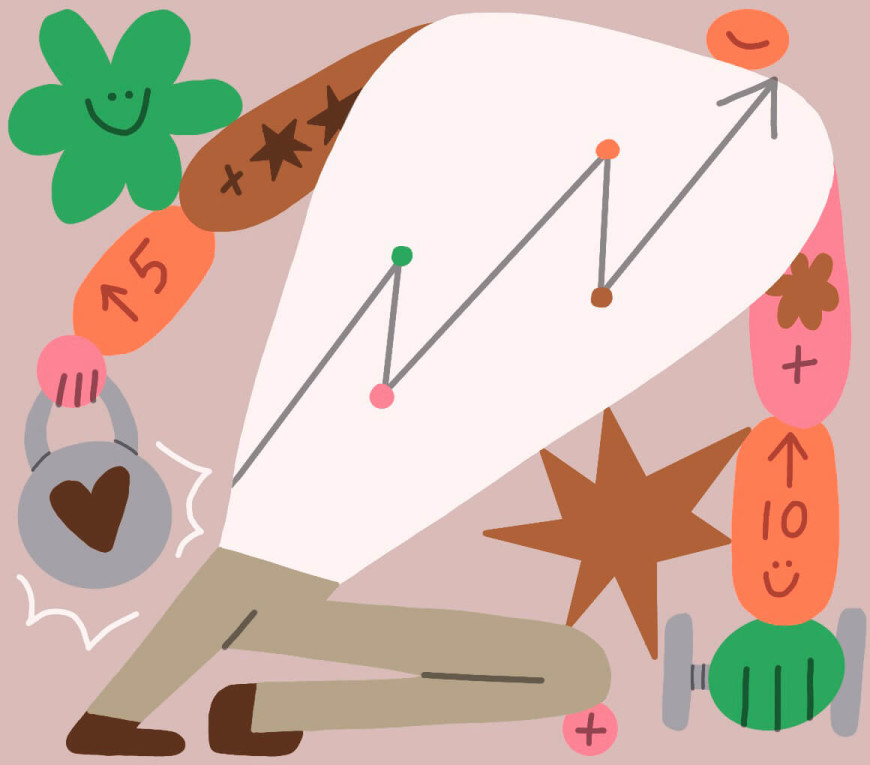Your Final Interview Is Done - But What Are The Chances Of Landing The Job?
Alright, listen up, friends. You've just finished your final interview, and now you're probably sitting there wondering, "What are my chances of getting the job after the final interview?" It's a valid question, and trust me, we've all been there. The final interview is like the last hurdle in a marathon. You've done the hard work, but now it's time to figure out if all that effort is going to pay off. So, let's dive into what happens next and how you can increase your odds.
First things first, the final interview is a big deal. It's like the championship game where everything you've prepared for comes down to this moment. You’ve likely gone through multiple rounds, answered tough questions, and now you're standing at the finish line. But hey, don’t get too excited yet. The final interview is just one step in the hiring process, and while it’s a great sign, it doesn’t guarantee you the job. So, what are your chances? Let’s break it down.
Here's the thing, though—there’s no magic number or formula that tells you exactly how likely you are to land the job. But there are some key factors that can help you gauge your chances. Think of it like a game of probabilities. The more you know about the process, the better you can assess your position. So, buckle up, because we’re about to explore the ins and outs of what happens after your final interview.
Read also:Jenna Bush Hagers Life Beyond The Spotlight A Closer Look At Her Real Estate Journey
Understanding the Final Interview Process
Let’s get real for a second. The final interview isn’t just about showing off your skills. It’s the employer’s last chance to make sure you’re the right fit for the role. They’re not only evaluating your qualifications but also how well you align with the company culture. This stage is critical because it’s where decisions are often made. But what exactly happens during and after this final meeting?
What Happens During the Final Interview?
During the final interview, employers typically focus on a few key areas:
- Confirming your skills and experience
- Assessing your cultural fit
- Discussing salary and benefits
- Addressing any lingering concerns
It’s important to note that the final interview is often more conversational than the previous rounds. Employers want to see how you interact with potential colleagues and leadership. This is your chance to build rapport and leave a lasting impression.
What Happens After the Final Interview?
After the final interview, the hiring team usually reviews all candidates and makes a final decision. This process can take anywhere from a few days to a couple of weeks, depending on the company’s timeline. During this time, they may:
- Conduct reference checks
- Verify your credentials
- Discuss final offers with stakeholders
While waiting for a response, it’s natural to feel anxious. But remember, patience is key. The hiring process can be unpredictable, so try not to overthink it. Instead, focus on staying positive and preparing for the next steps.
Factors That Affect Your Chances of Getting the Job
Now, let’s talk about the elephant in the room—what factors actually influence your chances of landing the job after the final interview? There are several elements at play here, and understanding them can help you better assess your position.
Read also:Andy Griffith The Man Behind The Legend
1. How Well You Performed in the Interview
Your performance in the final interview is a major factor. Did you answer questions confidently? Were you able to highlight your strengths and address any weaknesses? If you felt like you nailed it, that’s a good sign. But remember, even the best interviews don’t guarantee success. Sometimes, it comes down to factors outside your control.
2. The Number of Candidates in the Final Round
Another important factor is the number of candidates in the final round. If you’re one of two or three finalists, your chances are higher than if you’re competing against a larger pool. Fewer candidates mean less competition, which increases your odds of getting the job.
3. The Employer’s Hiring Timeline
The hiring timeline also plays a role. Some companies have strict deadlines, while others take their time. If the company is in a hurry to fill the position, your chances might increase if you’re a strong candidate. On the other hand, if they’re taking their time, it could mean they’re still evaluating options.
How to Increase Your Chances After the Final Interview
So, you’ve made it to the final round. What can you do to improve your chances of getting the job? Here are a few tips:
1. Follow Up Professionally
Following up after the final interview is crucial. Send a thank-you email within 24-48 hours to reiterate your interest in the role. This shows the employer that you’re enthusiastic and professional. Keep it short and sweet, and avoid sounding desperate.
2. Stay Positive and Patient
Patience is key during the waiting period. It’s tempting to check your email every five minutes, but trust the process. Stay positive and focus on other opportunities while you wait. Remember, a job offer can come at any time, so keep your options open.
3. Prepare for a Counter-Offer
If you’re offered the job, be prepared to negotiate if necessary. Research the industry standards for the role and have a clear idea of your worth. This will help you make an informed decision if the offer doesn’t meet your expectations.
Common Misconceptions About Final Interviews
There are a lot of myths floating around about final interviews. Let’s debunk a few of them:
1. A Final Interview Means You’re Guaranteed the Job
Wrong. While reaching the final interview is a great achievement, it doesn’t guarantee you the job. The hiring team may still be evaluating other candidates or waiting for approvals from higher-ups. Don’t assume anything until you receive an official offer.
2. Silence After the Interview Means You Didn’t Get the Job
Not necessarily. Sometimes, companies take longer to make decisions, especially if they’re dealing with internal processes or budget constraints. Silence doesn’t always mean rejection, so try not to jump to conclusions.
3. A Thank-You Note Won’t Make a Difference
Actually, it can. Sending a thank-you note after the final interview shows professionalism and gratitude. It’s a small gesture that can leave a lasting impression on the hiring team. So, don’t underestimate its power.
Real-Life Examples of Final Interview Outcomes
Let’s look at a few real-life examples to give you a better idea of what to expect:
Example 1: Sarah’s Success Story
Sarah went through a rigorous hiring process that included multiple rounds of interviews. She made it to the final round and felt confident about her performance. After the interview, she sent a follow-up email and waited patiently. A week later, she received a job offer and accepted it. Her key to success? Staying calm and professional throughout the process.
Example 2: John’s Rejection
John also reached the final interview stage but didn’t get the job. Despite his strong qualifications, the hiring team decided to go with another candidate who had more experience in the industry. While it was disappointing, John learned valuable lessons from the experience and continued his job search with renewed determination.
What to Do If You Don’t Get the Job
Rejection is never easy, but it’s a part of the job search process. If you don’t get the job after the final interview, here’s what you can do:
1. Request Feedback
Ask the hiring team for feedback on your performance. This can help you improve for future interviews and understand where you fell short. Most companies are willing to provide constructive feedback if you ask politely.
2. Keep Networking
Even if you don’t get the job, maintain your connections with the people you met during the interview process. Networking is key to finding new opportunities, and you never know when a door might open in the future.
3. Stay Positive and Keep Applying
Rejection can be discouraging, but don’t let it stop you. Keep applying for jobs and refining your interview skills. Every experience is a learning opportunity, and eventually, the right opportunity will come along.
Final Thoughts: Your Chances Are Higher Than You Think
Alright, let’s wrap this up. Making it to the final interview is a huge accomplishment, and your chances of getting the job are definitely higher than they were at the beginning of the process. But remember, nothing is guaranteed. The hiring process is unpredictable, and sometimes, it comes down to factors beyond your control.
So, what’s the takeaway? Stay positive, follow up professionally, and prepare for the next steps. Whether you get the job or not, every interview is a chance to grow and improve. Keep pushing forward, and don’t give up on your goals.
And hey, if you found this article helpful, don’t forget to share it with your friends or leave a comment below. Your feedback means a lot to us, and it helps us create even better content in the future. Thanks for reading, and good luck with your job search!
Table of Contents
- Understanding the Final Interview Process
- Factors That Affect Your Chances of Getting the Job
- How to Increase Your Chances After the Final Interview
- Common Misconceptions About Final Interviews
- Real-Life Examples of Final Interview Outcomes
- What to Do If You Don’t Get the Job
- Final Thoughts: Your Chances Are Higher Than You Think
Article Recommendations


